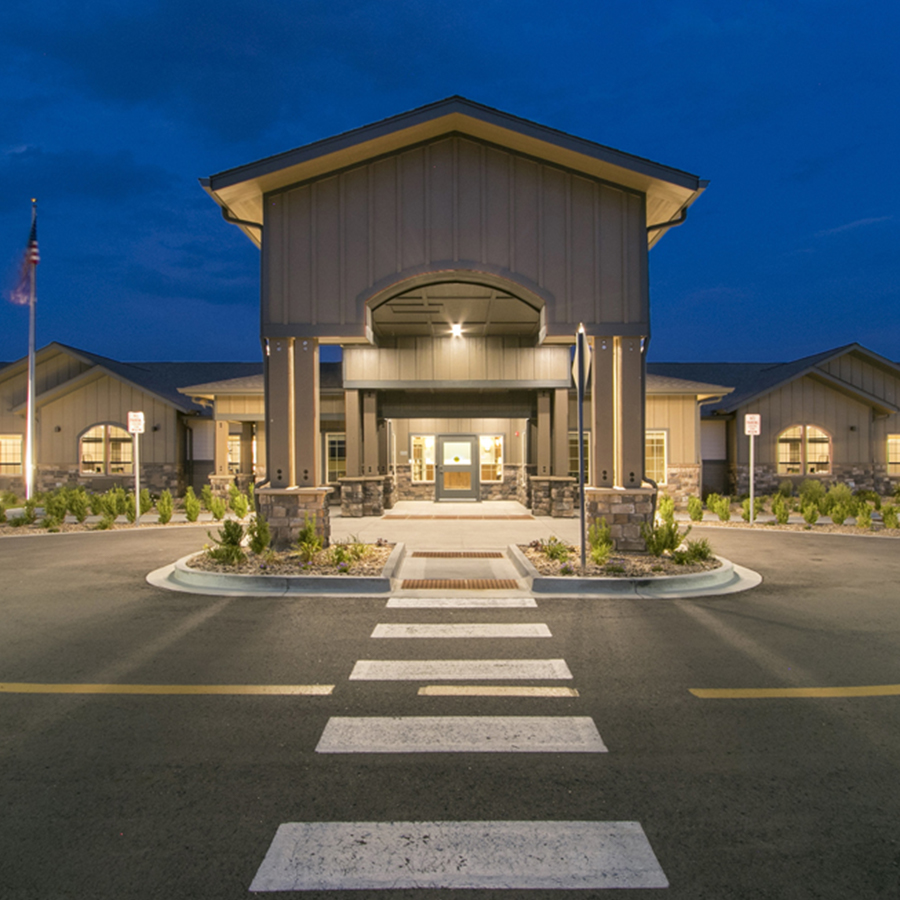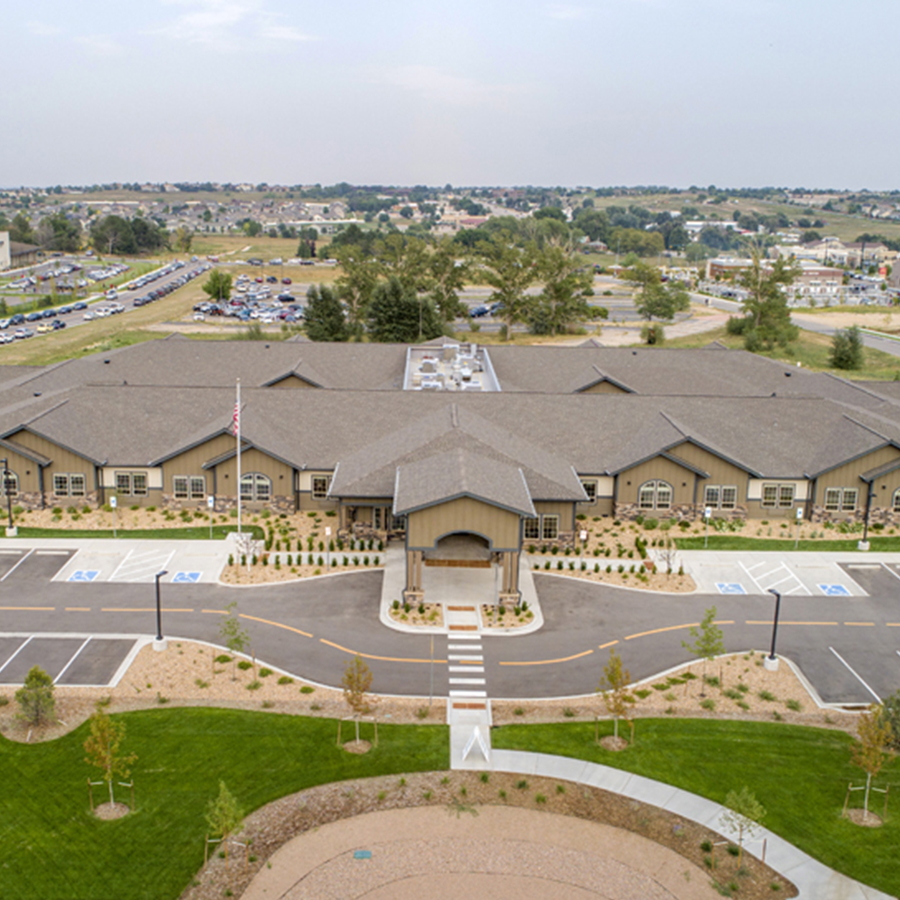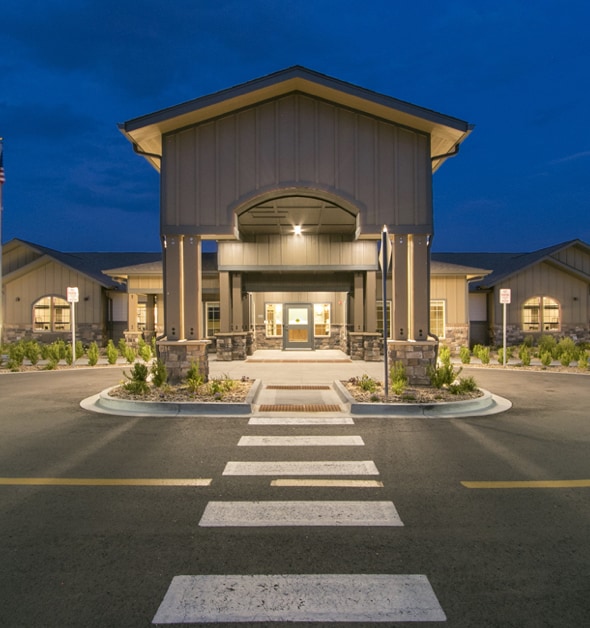When a loved one is diagnosed with dementia, it brings a flood of emotions and uncertainties about their future. Among the many questions that families grapple with, one of the most complex is whether someone with dementia can legally sign documents. While someone with dementia can sign legal documents, their ability to do so is contingent on their ability to meet legal standards for mental capacity.
Getting outside support from lawyers and experts, such as those in memory care, can help you and your loved ones manage this process.
What Is Dementia?
Dementia isn’t a single disease, but a term that describes symptoms affecting memory, thinking, and social abilities. Common causes include Alzheimer’s disease, vascular dementia, and Lewy body dementia, among others.
Because dementia is progressive, its symptoms worsen over time, impacting day-to-day life and, eventually, a person’s ability to make sound decisions.
Understanding Legal Capacity
How Dementia Affects Legal Capacity
Legal capacity refers to a person’s ability to understand and make decisions regarding legal matters. For someone to sign legal documents, a person must demonstrate:
- Understanding: They need to comprehend the document and its consequences.
- Voluntary decision-making: The decision must be made without pressure or coercion.
- Rational judgment: They must be able to communicate their reasoning and make choices based on logical thought.
Dementia can impair cognitive abilities, especially as the condition progresses. However, in its early stages, many people retain their legal capacity and can participate in planning their care and estate.
Assessing Mental Competence for Legal Documents
Determining whether someone with dementia is legally competent to sign documents often requires consultation with medical professionals and legal experts. A doctor may evaluate the person’s cognitive state, while an attorney might assess their ability to understand and process decisions regarding specific legal matters.
Key assessments include:
- Cognitive tests: These measure memory, comprehension, and problem-solving.
- Medical evaluations: Physicians provide insights into how dementia affects their brain function.
- Attorney consultations: Legal professionals may conduct interviews to gauge mental competence regarding the required documents.
Necessary Legal Documents for Dementia Planning
Acting early to prepare legal documents can minimize confusion and ensure your loved one’s wishes are honored. Here are the key documents to consider:
Power of Attorney (POA)
A power of attorney authorizes another individual to make decisions on behalf of your loved one. These documents are crucial because they ensure that a trusted person is managing financial, legal, and medical decisions if your loved one is no longer capable.
- Durable power of attorney: The designated person can make decisions even after the individual loses capacity.
- Medical power of attorney: Focuses specifically on healthcare decisions.
A Living Will
A living will outlines your loved one’s healthcare preferences when they can’t communicate. This may include decisions regarding life support, resuscitation, and other critical treatments. It’s an important tool to clarify their wishes and reduce the emotional burden on family members.
Last Will & Testament
A last will ensures that your loved one’s assets and belongings are distributed according to their wishes. It also allows them to name an executor to manage the estate and, if applicable, designate guardians for minor children.
Guardianship
When a person is mentally incapacitated, but hasn’t authorized anyone else to act legally on their behalf, the situation may require legal guardianship. Guardianship is a court-appointed role that grants someone the authority to make decisions about another person’s care and welfare.
Remember that guardianship processes can be time-intensive and costly, so it’s often seen as a last resort if other legal documents aren’t prepared in time.
Guiding Your Loved One in Legal Planning

Legal planning can be emotionally challenging, but early action is key to protecting your loved one’s interests. Here are steps you can take to safeguard their future:
- Start Early: The earlier you begin the planning process, the more likely your loved one will be able to participate. Early conversations can bring clarity and help ensure their wishes are documented.
- Prioritize Communication: Discuss your loved one’s preferences and intentions openly. Encourage them to voice their thoughts on financial matters, healthcare, and long-term care.
- Seek Legal Advice: Work with an attorney specializing in elder law or estate planning. They’ll help draft legally sound documents suited to your loved one’s situation.
- Document Everything: Ensure all legal documents are completed, signed, and stored in an accessible, secure location. Share copies with trusted individuals, such as family members or attorneys.
- Build a Support Team: Enlist close family, friends, and professional advisors to create a framework of care for your loved one.
How Memory Care Supports Families with Legal Processes
Memory care communities specialize in comprehensive care for those with dementia, but this support often extends beyond healthcare. Many memory care providers offer valuable assistance with navigating the legal aspects of dementia, including:
- Connecting families with elder law attorneys and estate planners.
- Hosting educational workshops on legal and financial planning.
- Offering emotional support and sharing resources for decision-making.
Partnering with a memory care community can bring peace of mind as you guide your loved one through this challenging process.
Help Your Loved One Make Sound Legal Decisions
While dementia presents complex challenges, proactive legal planning can provide clarity and peace of mind for both you and your loved one. By understanding how dementia affects legal capacity, addressing critical documents like power of attorney and living wills, and leveraging professional resources, you can safeguard your loved one’s future.
At High Plains Crossing, we aim to elevate your loved one’s quality of life. Contact us today to learn how we can provide you with additional support while dealing with the legal aspects of your loved one’s dementia diagnosis.
















